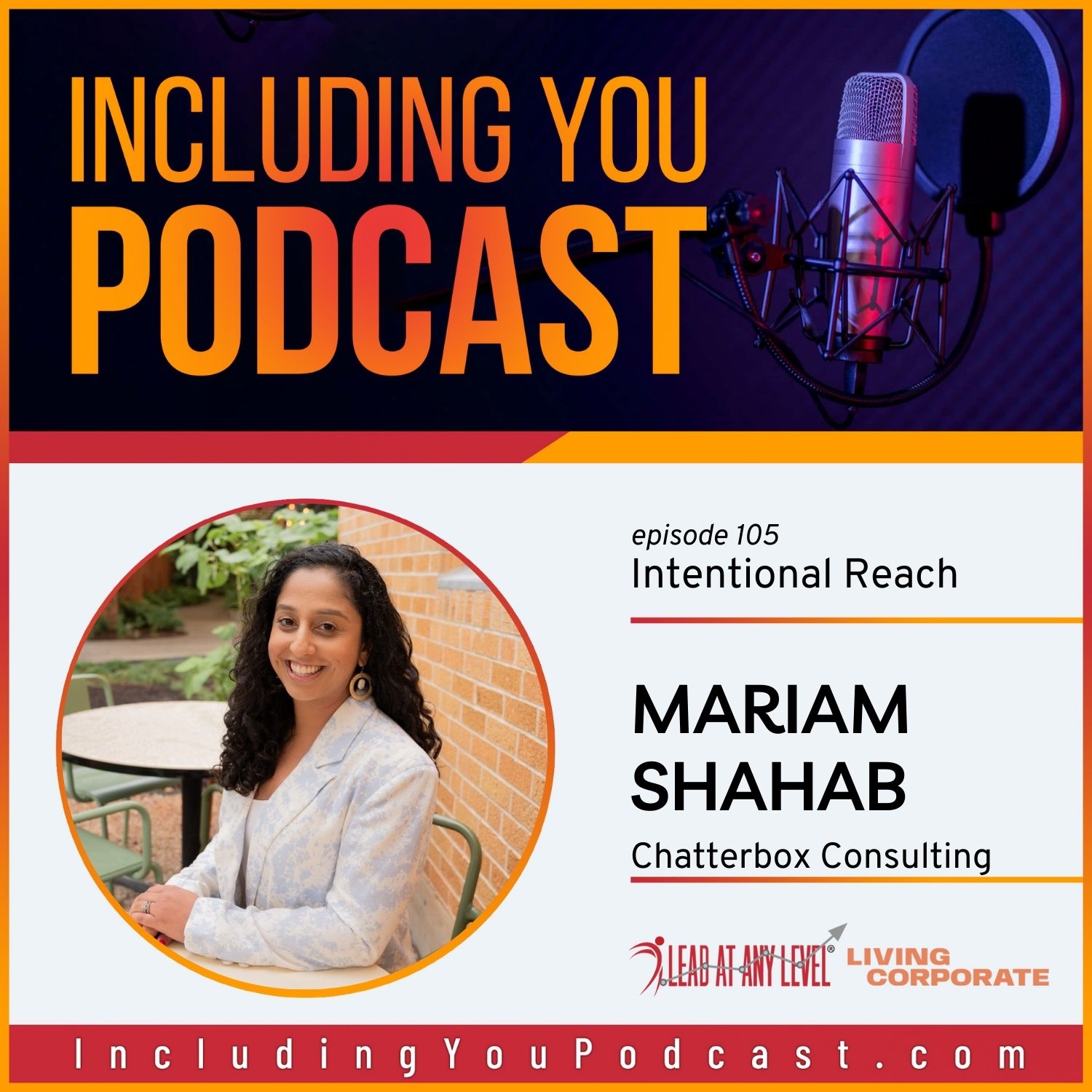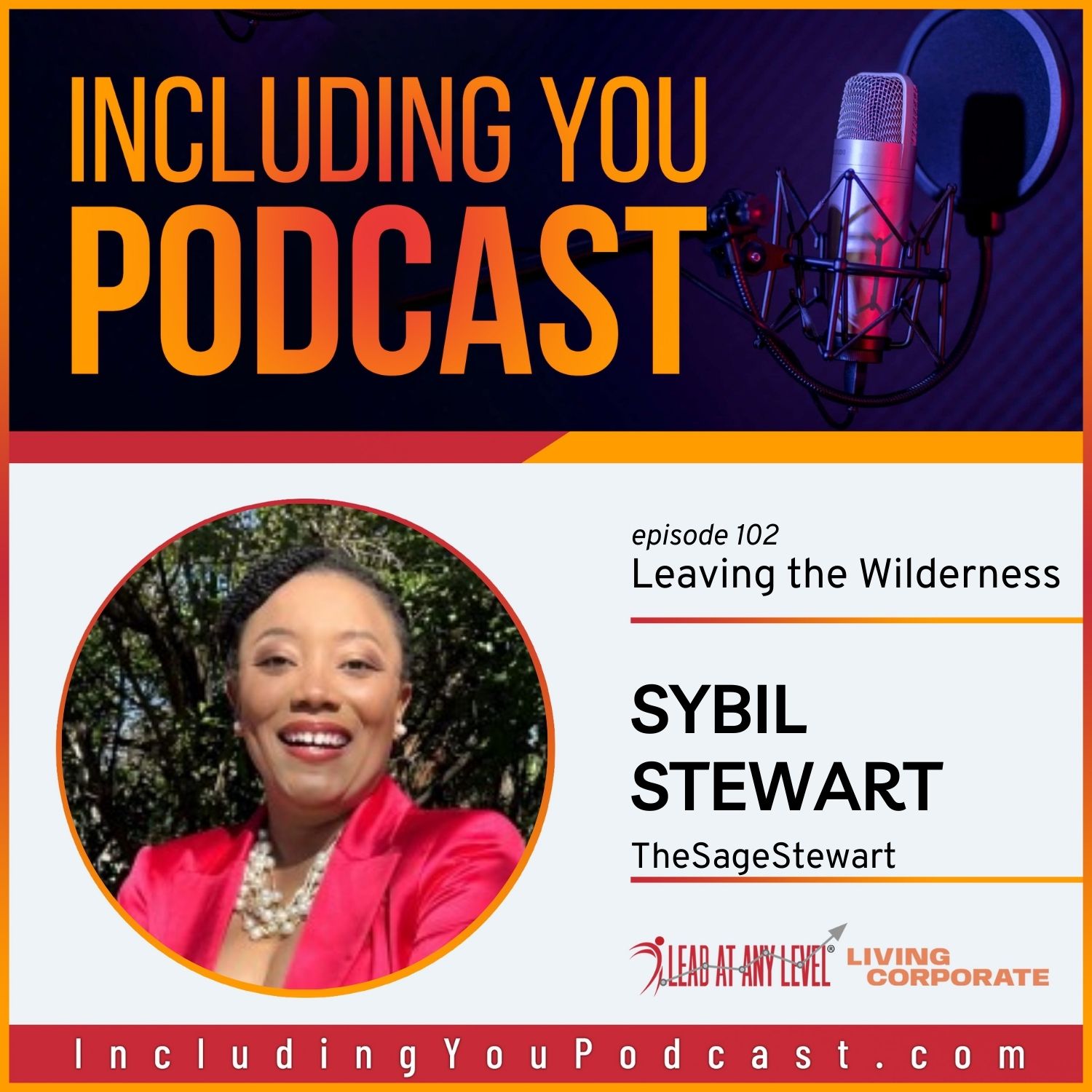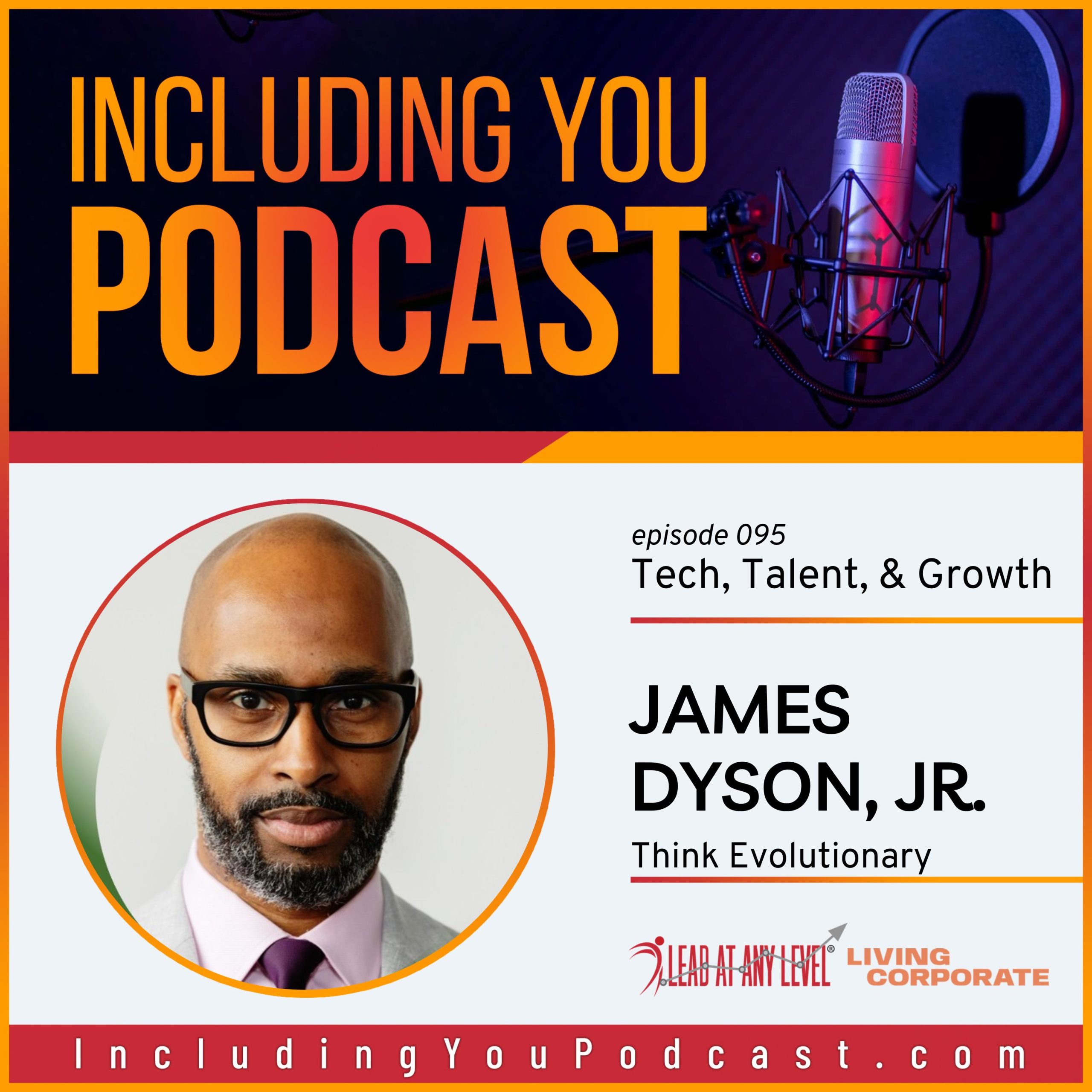-
Lessons from the Power Grid: Building a Strong and Diverse Professional Network [589 words]
In the rapidly changing utility industry, professionals face an array of career concerns that can significantly impact their paths. From knowledge transfer and skill development to job security and adapting to technological advancements, the challenges are multifaceted. However, one of the most powerful tools at your disposal is the strength…
-
5 Reasons Not to Focus on Inclusive Leadership in 2025 [729 words]
Is your organization backing away from its public statements about diversity, equity, and inclusion (DEI)? It’s understandable that executives might waver when faced with backlash or political pressure. Or, they may truly believe that there’s not as much of a need for DEI as there used to be. If you’re…
-
Selecting 360 Assessments for Leaders [672 words]
Incorporating 360-degree leader assessments is valuable for evaluating leadership skills and identifying development opportunities. When contrasting competency-based and style-based assessments, it’s essential to consider their distinct benefits. We’ve included examples of each type of assessment. Finally, we offer a recommended approach to selecting an assessment tool. Competency-Based Assessments Competency-based assessments…
-
DISC Assessment for Professional Development [519 words]
DISC assessments are powerful tools for individuals and teams seeking to enhance their skills, communication, and overall effectiveness.
-
e106. Visible in the Culture with Josh Miller
Including You Interview with Josh Miller Full Interview Transcript Coming soon from Rev.com
-
e105. Intentional Reach with Mariam Shahab
Including You Interview with Mariam Shahab Full Interview Transcript Coming soon from Rev.com
-
e104. Co-Creation with Beth Throne
Including You Interview with Beth Throne Full Interview Transcript Coming soon from Rev.com
-
e103. Beliefs & Relationships with Bryant Alexander
Including You Interview with Bryant Alexander Full Interview Transcript Coming soon from Rev.com
-
e102. Leaving the Wilderness with Sybil Stewart
Including You Interview with Sybil Stewart Full Interview Transcript Coming soon from Rev.com
-
e101. Three Inclusive Behaviors with Jaya Saxena
Including You Interview with Jaya Saxena Full Interview Transcript Coming soon from Rev.com
-
e100. Celebrating 100 Episodes with Amy Waninger & Zach Nunn
Including You Interview with Zach Nunn & Amy C. Waninger Full Interview Transcript Coming soon from Rev.com
-
e099. Healing from Trauma with Sharea Farmer
Including You Interview with Sharea Farmer Full Interview Transcript Coming soon from Rev.com
-
e098. Cultural Intelligence with Dr. Renee Bhatti-Klug
Including You Interview with Dr. Renee Bhatti-Klug Full Interview Transcript Coming soon from Rev.com
-
e097. International Exchange with Dr. Ted Samuel
Including You Interview with Dr. Ted Samuel Full Interview Transcript Coming soon from Rev.com
-
When Customers Discriminate: Protecting Your Sales Force and Your Bottom Line [432 words]
In customer-facing roles like sales, representatives often find themselves at the mercy of clients’ or prospects’ behavior. While most interactions are professional and courteous, some sales teams face an unfortunate reality: racial or sex-based discrimination from the very people they’re trying to serve. But what can you do when customers…
-
Emotional Intelligence (EIQ): Essential for Inclusive Leaders [354 words]
Emotional Intelligence (EIQ) is the ability to recognize, understand, and manage one’s own emotions as well as the emotions of others. It is a critical skill that can significantly impact personal and professional success. According to research, EIQ may account for up to 80 percent of the success we experience…
-
Intercultural Conflict Style (ICS) Improves Teamwork [408 words]
The benefits of using the Intercultural Conflict Style (ICS) assessment for individuals and teams are numerous. The ICS assessment is a valuable tool for improving intercultural communication and resolving conflicts in a diverse workplace. By understanding their own and others’ conflict styles, individuals can navigate disagreements more effectively, leading to…
-
e096. Leading in Color with Marta Miranda-Straub
Including You Interview with Marta Miranda-Straub Full Interview Transcript Coming soon from Rev.com
-
e095. Tech, Talent, & Growth with James Dyson, Jr.
Including You Interview with James Dyson, Jr. Full Interview Transcript Coming soon from Rev.com
-
e094. Leading with EQ with Sylvia Baffour
Including You Interview with Sylvia Baffour Full Interview Transcript Coming soon from Rev.com

![Lessons from the Power Grid: Building a Strong and Diverse Professional Network [589 words]](https://leadatanylevel.com/wp-content/uploads/2022/08/LinkedIn-Posts-1.png)
![DISC Assessment for Professional Development [519 words]](https://leadatanylevel.com/wp-content/uploads/2022/08/LinkedIn-Article-Images-1.jpg)












